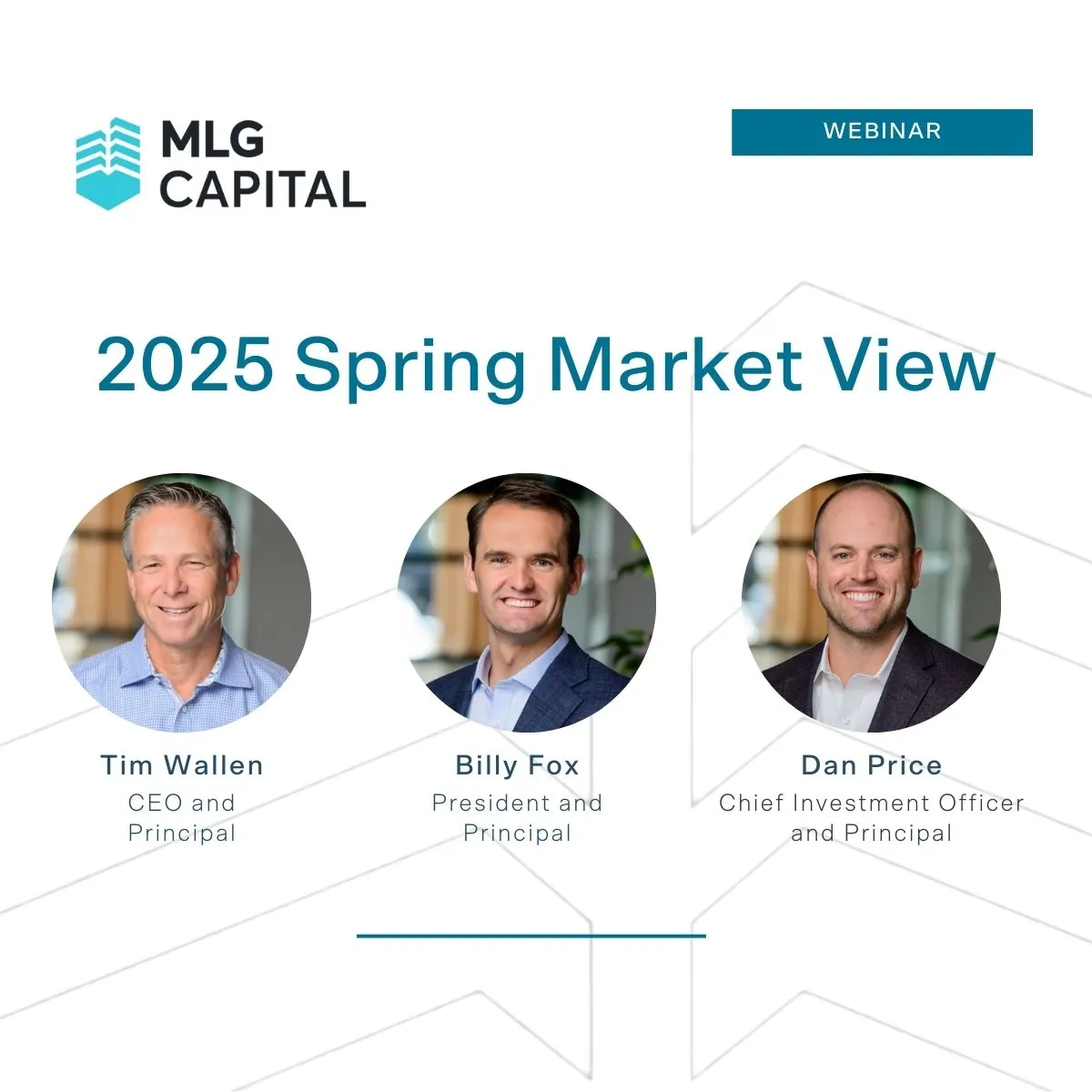I’m sure you’ve heard before that real estate is a relationship business. This is not only true when it comes to finding good deals, but it’s also true for managers working with new and prospective investors. Strategy and structure are critical for the performance of an investment in private real estate, but the success of a firm can give a manager a leg up on its competitors. While past returns are not indicative of future results, a track record is an important factor to look for in a real estate investment manager.
Here are some questions to help guide your conversations when vetting a private real estate firm.
- How Has the Firm Weathered Market Cycles?
In the past 30 years, the commercial real estate space has been through several major downturns that resulted in reduced demand for real property: “Savings and Loan Crisis” of the late 1980s, the “Dot Com Bust” and the resultant recession of the early 2000s, “The Great Recession” in 2008 and, most recently, the impact of the coronavirus pandemic in 2020.
A firm that managed through these cycles and remained in business throughout these downturns, and subsequent recoveries, in the real estate market may indicate to you that it their approach has proven to be consistent or that they’ve adjusted their strategy in order to produce results and returns for investors.
- What Are Your Historical Returns?
Identify firms or managers that have consistently produced IRR and equity multiples that are in-line with expectations of the asset class and/or investment. At the same time, also recognize the relationship between the strategy and the impact on the potential numbers. For example, IRR can be inflated if a manager employs a fix-and-flip strategy, but it may not accurately represent how much money was actually made on the deal. If a firms tout a high equity multiple, it’s important to know what the anticipated timeframe is.
Seek clarity on losses or deals that underachieved targeted projections. What was the story? How did the firm respond to the loss? What was the impact to investors, if any at all?
- How Are You Going to Protect My Money?
While there is risk present in any investment, real estate investors can take measures to mitigate risk. For example, diversification is a strategy well-known across all industries. Specifically for private real estate, diversification helps to preserve investors’ capital by spreading investments across geographic markets, property types, property classes. This way, if one area isn’t performing well, it’s not affecting the entire portfolio.
Another important risk factor to inquire about is how the manager will use leverage to finance the deal. Low to moderate leverage can greatly de-risk a deal and reduce the likelihood of capital loss, as it gives the deal cushion to deal with headwinds in revenue or unexpected expenses.
Finally, it’s important to choose opportunities that are built on assumptions that are believable and achievable. Too many times, investors get lured in by flashy IRR targets without digging in and vetting the underwriting that produces those returns. Ask the sponsor what critical assumptions are necessary to achieve the proforma underwriting, and then ask what due diligence is being done to prove those assumptions.
Talk to your manager about what their investment philosophy, their thoughts on preservation of capital and what strategies they consider most valuable in their portfolio structure. In the next article, we discuss what you should consider about your investment experience.
Nathan Clayberg is a Senior Vice President at MLG Capital, splitting his time between working with investors and chasing joint venture acquisitions in the Midwest. Outside of work, Nathan cherishes time with friends and family and enjoys working on his own real estate portfolio.
This blog and associated materials are being presented for informational purposes only and is not an offer to sell interests in a security. A private real estate investment is subject to risks and uncertainty many of which are not outlined herein including, without limitation, risks involved in the real estate industry such as market, operational, interest rate, occupancy, inflationary, natural disasters, capitalization rate, regulatory, tax and other risks which may or may not be able to be identified at this time and may result in actual results differing from expected. Private investments are highly speculative, illiquid, may involve a complete loss of capital, and are not suitable for all investors. Prospective investors should conduct their own due diligence and are encouraged to consult with a financial advisor, attorney, accountant, and any other professional that can help them to understand and assess the risks associated with any investment opportunity.
Past performance is not indicative of future results. Securities offered through North Capital Private Securities, member FINRA/SIPC. Advisory services offered through MLG Fund Manager LLC, an investment adviser registered with U.S. Securities & Exchange Commission.



